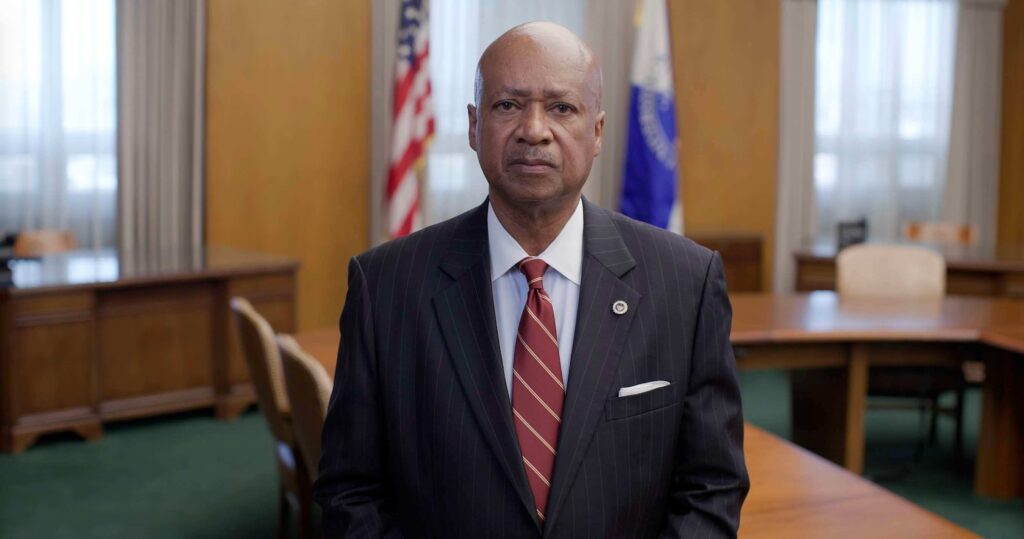
An ongoing alumni campaign seeks to reverse the Board of Trustees’ elimination of affiliate trustees, calling it “the most important decision to impact [stakeholders] in recent years.”
Howard Alumni United (HUAU), an alumni collective created to challenge this decision, is organizing to bring back Board seats for student, faculty, and alumni trustees.
HUAU says that the new Board structure, which was announced at a town hall June 18, “will result in a significant diminution of student, alumni and faculty input in key decisions, stymie the progress that Howard has made under a rubric that respects and values all stakeholders, and relegate stakeholders to “listening sessions” with zero decision-making role.”
Their collective was born out of Zoom meetings following the fateful June town hall, where University administrators stated that the current board structure was “not working.” The Board, allegedly adhering to recommendations from a report conducted by an external consulting firm, voted to remove the affiliate trustee positions. This information was announced via Zoom, and participants were unable to provide live feedback to this announcement.
In their earliest meetings, between 200 and 250 alumni gathered to plan ways to express their concerns and advocate for a reversal.
Their open letter to the community outline three major benefits that the affiliate positions provide to the Board: the unique perspective of the students who are, in fact, the real reason for the existence of the University; the insights and expertise of the faculty who serve as the academic foundation of the University; and the life experiences of alumni who use their talents and resources to benefit Howard University and its tremendous legacy.
“The board’s ill-advised decision is an affront to Howard’s long, hard-fought legacy of shared governance. Howard Alumni United is mobilizing concerned alumni to ensure that the voices of students, alumni and faculty continue to matter at Howard University, and that the vote of Affiliate Trustees is Restored.”
On July 15, 27 signatories, referring to themselves as concerned Howard University stakeholders, responded to the decision formally with an 8-page email addressed to President Fredrick, Laurence C. Morse, PhD (Chairman of the Board, Christie Taylor (Secretary of the Board), and all members of the Board.
“We believe that a continuation of shared governance is critical in shaping the future of Howard University. The Affiliate Trustee structure ensures that alumni, faculty and students will have a continued guaranteed voice in the development of the University’s policies and procedures.”
Their letter covered the changes and the currently known rationale that University officials have provided for them. It also discussed the history of shared governance at the University and rationale against the decision.
“Given the significance of shared governance to stakeholders and the extraordinary history surrounding this issue, notably repeated major student protests in 1968, 1974, 1989, and 2018, we remain concerned as to whether the Board, the Governance Committee of the Board, and/or IES considered this extensive history when the recommendation and decision were made to eliminate the Affiliate Trustee positions.”
Damani Keene, a member of HUAU and the class of 1966, asked “What is the true meaning of shared governance if one party can end it without any serious consultation?”
The letter also provides history and the origins of affiliate trustee positions. “In or about 1926 and continuing to the present, Alumni have served as Trustees on the Board. Due in large part to student protests, in 1970, the Board voted to add Student and Faculty Trustees to its membership. The Board’s Bylaws and other University governance documents provide for three Alumni Trustees, two Faculty Trustees, and two Student Trustees on the Board, each nominated by their respective constituencies.”
Roger Glass, a member of HUAU and the class of 1975, “We could care less about others, we consider ourselves unique. We’re supposed to be a leader, not [a] follower.”
The document also requested four documents from the University: the IES report; the Board and committee minutes which cover the deliberations and the subsequent decision to eliminate Affiliate Trustees; the Board Bylaws in effect at the time the decision was made to eliminate Affiliate Trustees; and any newly revised Board Bylaws.
At the time of publication, these documents were not publicly released or shared with HUAU.
The University has not responded to The Hilltop’s request for a comment on behalf of administration.
HUAU meets twice monthly and has direct contact with over 2500 alumni through their website and social media pages. They also are collecting e-signatures on their petition.
Although the faculty is a smaller group, HUAU has been successful in connecting with elected student officials, leadership of the faculty senate, three alumni groups, and student organizations.
Glass says that they are also eager to have more collaboration across stakeholder groups on this issue.
“We need to be a more forceful group collectively,” he said.









